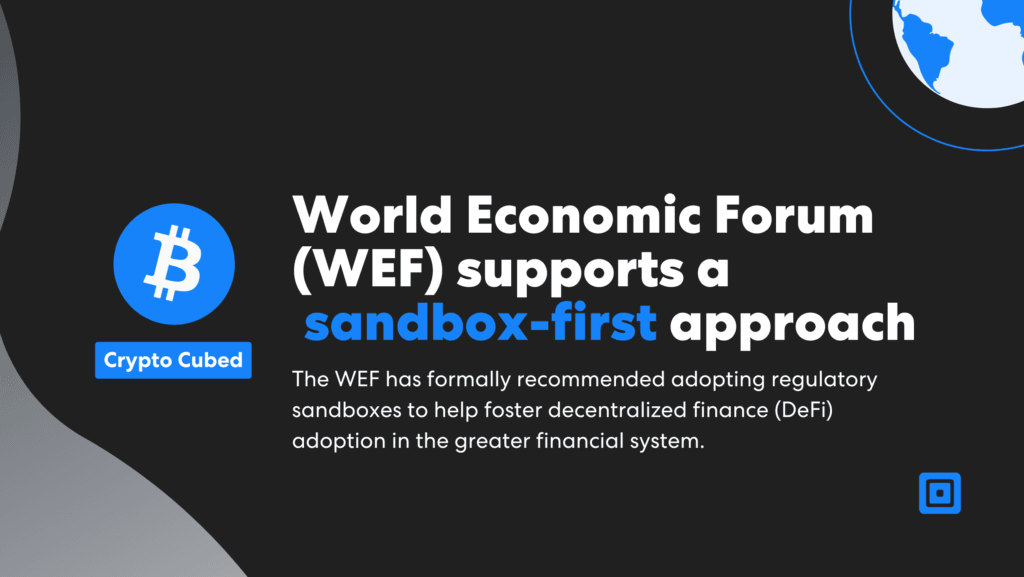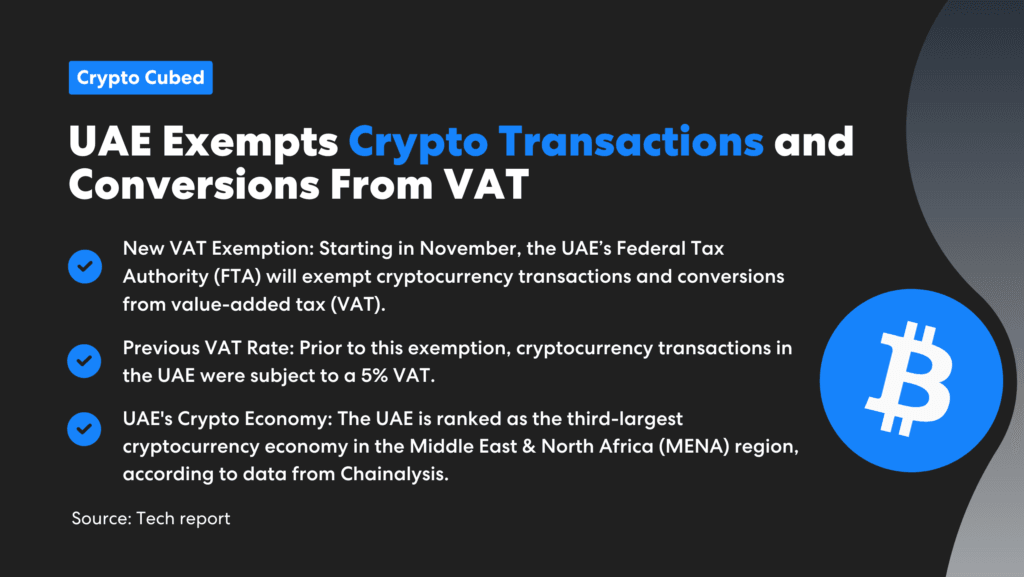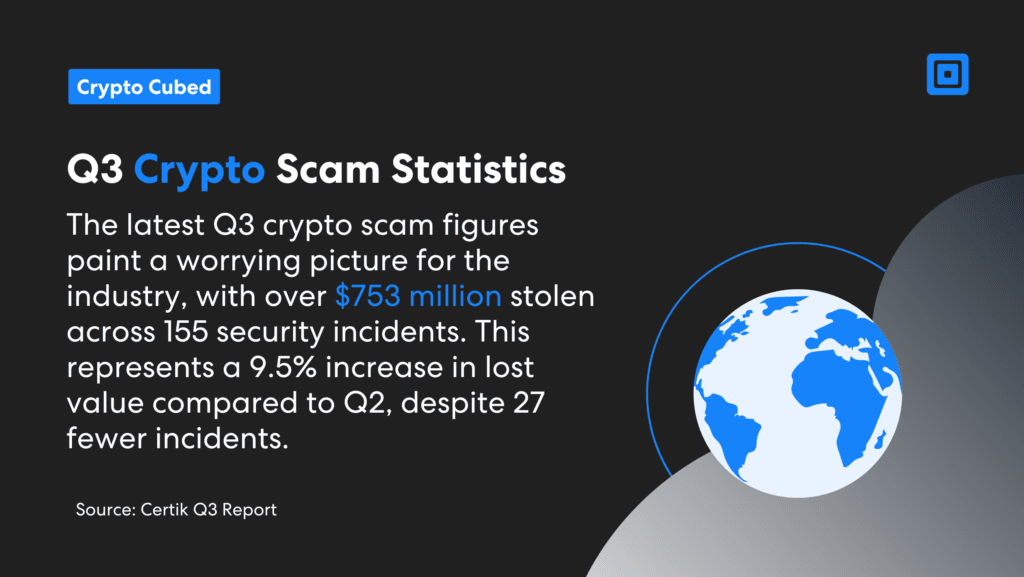The World Economic Forum (WEF) supports a Sandbox-first approach to DeFi adoption.
The WEF has formally recommended adopting regulatory sandboxes to help foster decentralized finance (DeFi) adoption in the greater financial system. Regulatory sandboxes are a legislative apparatus granting firms the ability to operate around flexible regulations.
The WEF believes this approach is a good way to introduce DeFi into the world’s financial systems because it allows companies to innovate without being held back by the strict rules that usually apply to traditional banks. Regulators can see how these new DeFi systems work, fix issues, and make better rules to protect people as they go.

Sandboxes have become a winning solution for implementing financial regulation, particularly regarding blockchain utilities. Notable instances include tokenization of Real-World Assets (RWAs) such as securities and stablecoins programs; see below for more information.
The WEF noted that 9% of all jurisdictions in its study had tied existing financial regulation to digital assets, with only the UK, Hong Kong, and Singapore having created a curated regulatory framework.
WEF Highlights AML and KYC as Global Industry Concerns
The WEF cited the growing necessity of technology-enhanced compliance solutions to curb the use of digital assets in illicit financial activity. Without advanced automated compliance solutions, the organization envisions it will be difficult to cultivate a secure digital asset ecosystem.
Horns Remain Locked: Coinbase vs SEC
In what feels like a lifelong struggle, Coinbase has urged the court to reconsider its recent interlocutory appeal in regard to the Securities and Exchange Commission (SEC’s) lawsuit against Coinbase. The American-based crypto exchange was accused of selling unregistered securities, mimicking a previous notorious case where Ripple (issuer of XRP tokens and creators of the XRP ledger) was sued on the very same criteria.
Coinbase argues that the Howey Test (which is used to ascertain whether a transaction qualifies as an investment contract and, therefore, a security) is not definitive enough. If this were the case, there would be more serious ramifications for the entire industry, as new industry standards and definitions would be required in America.
Hong Kong Grants its 3rd Crypto Exchange
Hong Kong Virtual Asset Exchange (HKVAX) has just become the third cryptocurrency exchange to receive a full operational license in Hong Kong. HKVAX has expertise in Security Token Offerings (STOs) and Real-World Assets (RWAs), marking this license as evidence of Hong Kong’s commitment to spearheading the digital asset industry. The firm wishes to supply Over-the-Counter (OTC) trading, exchange services, as well as custody services.
HKVAX aims to establish Hong Kong as the STO and RWA centre for Asia and beyond.
These developments make HKVAX the third out of nearly 30 companies that have applied for a Hong Kong crypto exchange license. The license and application process was formed in 2022 as part of the city’s digital asset reformation to aid the industry’s growth in the region.

HKVAX’s license marks a critical step in Hong Kong’s ambition to solidify itself as a hub for digital assets. The Securities and Futures Commission (SFC) has already reviewed 11 more applicants, signaling that more approvals are expected by the end of 2024, further boosting the region’s crypto ecosystem.
UAE Updates Crypto Tax Laws: Transactions are now Exempt
The UAE’s Federal Tax Authority (FTA) has licensed a new Value-Add Tax (VAT) exemption for crypto transactions and conversions, beginning on November 15th, 2024. Previously, the UAE had implemented a 5% VAT on all cryptocurrency transactions.

This new policy aims to break down any barriers existing in the region that might prevent newcomers from entering the market and attract further investment to what is already a thriving sector. Research has shown that the UAE is the 3rd largest crypto economy in the Middle East and North Africa (MENA) region. This displays a continued effort by UAE authorities to create a hospitable environment for digital asset adoption beyond just the state of Dubai.
Q3 Crypto Scam Figures Released: $753 Million
The latest Q3 crypto scam figures paint a worrying picture for the industry, with over $753 million stolen across 155 security incidents. This represents an approximate 9.5% increase in lost value compared to Q2, despite 27 fewer incidents. A significant portion of these losses stemmed from phishing scams, which accounted for $343 million in losses over 65 incidents, making it the most damaging scam channel.
Phising scams accounted for $343 million in losses over 65 incidents.
Ethereum (ETH) continues to be the primary target for attackers, likely due to its central role in Decentralized Finance (DeFi). As the chain with the largest on-chain asset volumes and widespread adoption in the DeFi space, it presents a lucrative opportunity for malicious actors. The high level of funds circulating in Ethereum-based applications, coupled with the complexity of smart contracts, creates an environment where vulnerabilities can be exploited at a large scale.
These figures highlight the evolving sophistication of crypto-related scams and the need for enhanced security protocols, particularly for decentralized platforms. The focus remains on educating users about phishing and tightening smart contract security, but the trend points to increasing threats as the crypto ecosystem grows.

That wraps up this month’s crypto highlights. Make sure to come back next month for more key news and discourse around global crypto compliance! Head over to our crypto regulations blog page for more sources on crypto regulations from around the world and how they might impact you.
Alternatively, get in touch with one of our compliance specialists to learn more about ComplyCube’s crypto compliance solutions.



